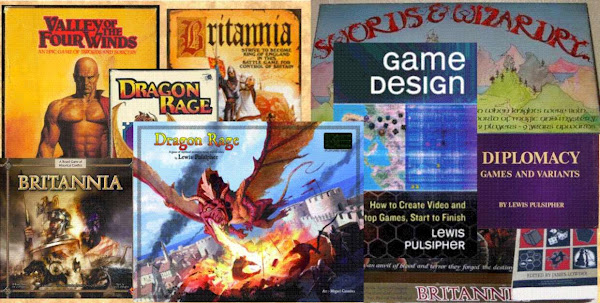With all the broo-ha-ha about the European soccer “Super League” I felt I had to comment on the underlying forces involved. The Super League was an attempt by the biggest European soccer clubs to set up a separate mid-week league (while still playing in domestic leagues) that would not use relegation to lower divisions while making more money for those teams. It was and is a business endeavor to make more money. Fan outrage was so great that most of the teams pulled out of the league within several days of the initial announcement, and there is still talk of punishing those teams.
(For those unfamiliar, in European sports, the worst team(s) in each division of a league goes down to the lower division the next year, while the best team(s) move up a division. Theoretically you can get into a sport several divisions down, and move up to the top through several years of successful play. I know of no American sport that follows this model, including soccer.)
International soccer is wedded to, and held back by, the now-ridiculous notion that every soccer match is just like every other, that any amateurs with a ball and a field can play the same game as played in Old Trafford or Camp Nou. That hasn't been true since big money came into the game. Remember, people still alive can remember when professional footballers were all paid an identical and minuscule wage in England, until Jimmy Hill (yes, the one from “Match of the Day” in the late 70s) led a threat of industrial action. Fans can complain about "the dream" being lost, but face it, the dream is no longer that a deeply lower league team will get some really good players and rise to the top tier, possibly to win a championship. That's already gone because those good players are bought for large sums by the biggest clubs early on. The dream now is a wealthy new owner (Chelsea, Man City) who will spend big and move a team into the Premier League Big Six (which, not so long ago, was the Big Four). Money talks.
This has been going on for decades, e.g. at Blackburn in 1995 where a rich owner led to a championship.
The Super League is the next step of "money talks", inevitable at some point. Though it looks like that point may be some distance away.
Self-righteousness among Super League opponents runs rampant:
El Plastico is dead for now, thanks to fan-power and the likes of Gary Neville, Carragher, Henderson, Shaw and Klopp speaking out powerfully. But the shamed owners are still here, their greed has not abated. - Henry Winter (the (London) Times chief football writer)
I respect Winter as a football writer (I once listened to him talking about football); but I have no doubt that he is well-paid, especially after he moved from another newspaper to The Times. Yet he clearly thinks owners who want to make more money are greedy.
This ignores that the “greedy owners” are the ones who have raised the profile of soccer so much by putting money INTO the game at the highest level. If you’re willing to only have owners who are philanthropists for soccer, who are happy to lose money, then you go back to an earlier time.
The so-called “greedy” owners are simply looking for ways to make money from an investment; they aren’t looking to provide charity to teams and fans.
Fundamentally, it’s a view of sport as amateur rather than professional in standards and outlook.
In their arrogance Europeans believe their (amateur) way of sport is the only valid way. They ignore what has worked well (much better than the European way, in fact) in America. Nobody loves Americans, especially after four years of Trump insults.
Professionalism is in short supply in European soccer, where they still have only one referee on the field instead of two even though bad calls are common, where video review is new and is somehow botched far too often, where they are far behind on matters of concussions (and still don’t understand that players will have to wear helmets before the sport is sued into penury by former players).
No, I'm not a traditionalist. I am one of those few who thinks the Super League, or something like it, is inevitable given the money that has flowed into international soccer. And I have no respect for the FIFA money-grubbers, and little for UEFA who can also be money-grubbers. The owners who support the teams ought to make the money, not the associations. The associations haven't done enough.
One American columnist put it this way:
The clubs are still seen as literal clubs, with members (fans) – as they were when they were born over 100 years ago. They’re public trusts, sociocultural cornerstones, community pillars. They’re also big businesses, just like NFL and NBA teams, of course. But when big foreign businessmen attempted to come in and run them purely like businesses – the 'Super League' would’ve benefited them financially – they found out just how strong the pillars are. - Yahoo Sports
When money comes to a sport, the sport is ultimately going to be governed by money, not by fans. This has already happened in European soccer (scheduling for television rather than for traveling fans, corrupt FIFA money-grubbing). The Super League, or something like it, will happen one day, because everyone ends up following the money.










